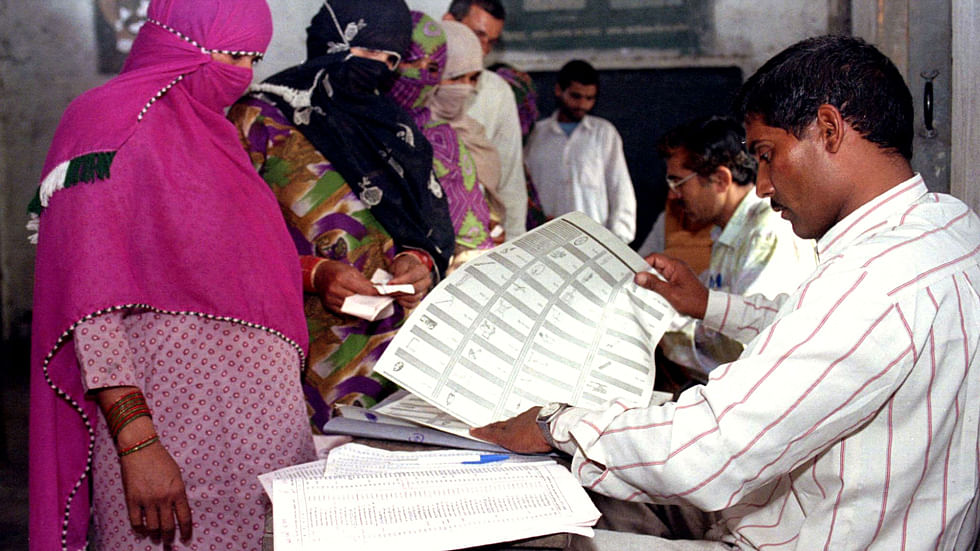No Toilets at Home? Then You Can’t Contest Polls, Says SC
Striking a blow to democracy: the Supreme Court’s ruling on Panchayat elections.

It seems the Supreme Court has violated the very fundamentals of democracy.
As per the apex court’s pronouncement on the Haryana Panchayati Raj (Amendment) Act 2015 , only those with spic and span toilets in their homes, and a matriculation degree in their pockets, pass the eligibility criteria for contesting panchayat elections.
- Why can’t people contest elections without having toilets in their homes?
- Why is a matriculate degree essential for a Panchayat election?
- The Supreme Court appears to have dealt a blow to deepening democracy.
While upholding the constitutional validity of the recently-framed Haryana law, the apex court seems to have gone by its 2003 ruling in which it held that minimum educational qualifications are essential to determining who all should be allowed to contest for a seat in Parliament.
This ruling has come in for a wave of criticism even before it has been made available to the public, with the majority reiterating their view that it is profoundly undemocratic.
Gautam Bhatia, constitutional law scholar, on Scroll.in had torn into a Rajasthan legislation which had a similar stipulation. He contended that the distinction which the Supreme Court drew between the electorate’s right to vote (a constitutional right) and the freedom to contest elections (a fundamental right, subject to what the law deems as “reasonable restrictions”) was erroneous. Moreover, it was based upon profoundly misconceived ideas of demographic divides and democratic representations, he stated. On his blog, he has also listed a set of essays which elucidate the point further.
Sharp caste and class divides, impacting upon access to education (even primary education) and sanitation, remain a painful reality in India. Therefore, in that case, is the Supreme Court’s ruling grounded in democratic principles? On the face of it, and going by the anguished and angry reactions of those who have been studying the electoral process for a long time, it does not appear to be so.
The Supreme Court prides itself as being the upholder of fundamental rights and democratic values, but in this ruling, it appears that it has violated many of those.
(At The Quint, we are answerable only to our audience. Play an active role in shaping our journalism by becoming a member. Because the truth is worth it.)